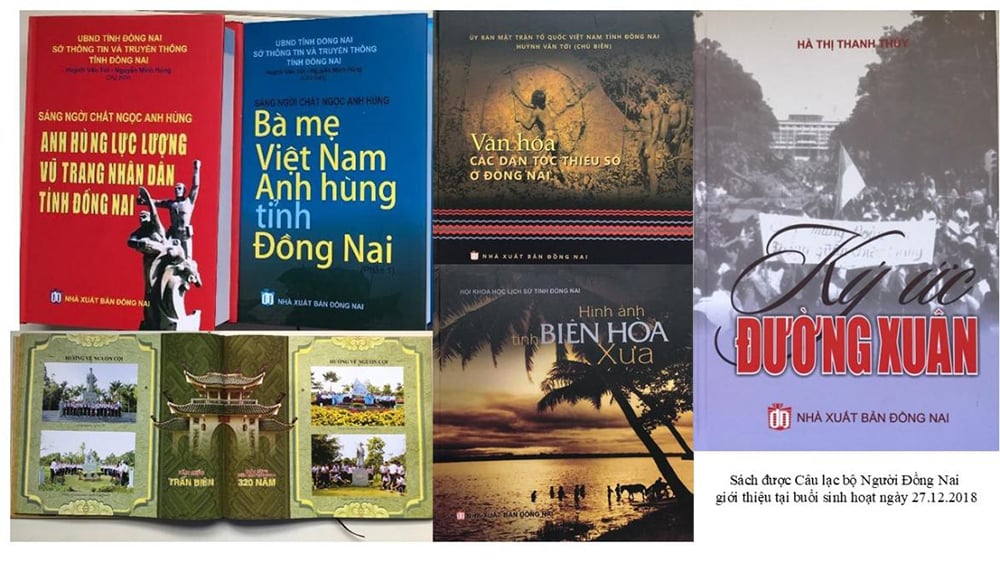 |
Book
Books are products of society, tools for accumulating and disseminating human knowledge, containing the spiritual and cultural values of humanity, recorded in different languages.
Books began as language symbols, dating back to when humans first became humans. The earliest known book was probably the book of King Neferirkare Kakai in ancient Egypt (2,400 BC), written on papyrus. In ancient Greece, ancient Rome, and ancient China, books were handwritten on leather, wood, and bamboo slips. Printed books date back to the Middle Ages (5th-15th centuries). According to Google, by 2010, there were more than 130 million books; by 2025, the world is estimated to have more than 158 million books. If each person read one book every day, it would take them 432,877 years.
It is unimaginable what the quality of life would be like if people did not read books, and there were places where there were no books. In folklore, there is a saying: “It is better to leave gold or silver than to leave books for your children”. According to Voltaire: “What books teach us is like fire. We take it from our neighbors, light it in our own homes, pass it on to others, and it becomes the common property of all”.
World famous people all value reading and grow up with books. Lenin affirmed: “Without books, there will be no knowledge. Without knowledge, there will be no Socialism”. Pushkin said: “Reading is the best way to learn”. Scientist Thomas Edison compared: “Reading for the mind is like exercise for the body”. President Ho Chi Minh said that to be a person, one must know how to learn: “Learn at school, learn from books, learn from each other and learn from the people”.
Many families have been successful in reading books with their children, teaching them how to read, choosing suitable books, scheduling family activities around books, etc.
Read a book
Reading is a characteristic of human beings, a different manifestation from non-human beings. It is an important matter that determines the life of a person. Because books are valuable assets, a source of intelligence, a driving force for development. In the 2016 book discussion, the Minister of Culture, Sports and Tourism said: “Learning and reading books is a fine cultural tradition of the Vietnamese people. For generations, that fine tradition has contributed to forming the intelligence, soul, personality and style of the Vietnamese people. Looking back at history, outstanding Vietnamese political activists and scholars are all people who have constantly paid attention to reading and self-studying.”
Speaking of reading examples, the example of Le Quy Don (1726-1784) shines forever. At the age of 12, he read all the Hundred Schools of Thought; at the age of 14, he finished all the Confucian classics and histories and followed his father to study in the capital Thang Long; at the age of 17, he passed the provincial exam. From then on, he became a famous scholar "Thien ha vo tri van Bang Don" (If anyone doesn't know anything, just ask Bang nhan Le Quy Don).
President Ho Chi Minh was also a typical example of reading. At the International Student Symposium held in Vietnam on September 1, 1961, he confided: “In terms of culture, I only finished primary school. In terms of general knowledge: I saw an electric light for the first time at the age of 17, and listened to the radio for the first time at the age of 20.” He became a knowledgeable leader largely thanks to reading and learning from books. In his resume for the 1935 International Communist Congress, Nguyen Ai Quoc stated that he “knew the languages: French, English, Chinese, Italian, German, Russian.” When telling stories, he said that he often learned foreign languages from books, self-studying everywhere, at all times; when he was dying, the dictionary was still by his pillow. Russian researcher Vasiliep commented: “There are few politicians of the 20th century who can compare with Ho Chi Minh in terms of education level, broad knowledge and intelligence in life.”
Book Day
When did Book Day start? About 70-80 years ago, originating from Spain. People have the custom of reading, buying and selling books, and giving each other roses on April 23. This is the day to commemorate Saint George; the birth and death of the great writer William Shakespeare (1564-1616); and the death of Miguel de Cervantes (Spanish writer 1547-1616). In 1995, UNESCO chose April 23 every year as World Book and Copyright Day (Word Book Day).
In Vietnam, Vietnam Book Day (April 21) was established under Decision No. 284/QD-TTg dated February 24, 2014 of the Prime Minister. On March 26, 2014, the Ministry of Information and Communications issued Plan No. 892/KH-BTTTT on organizing the annual Book Day. In 2014, it was first organized in several places in Hanoi and Ho Chi Minh City. Since 2015, many communication activities, exhibitions, book fairs, book streets, book streets, and book awards have been organized in an increasingly diverse manner in many places.
In Dong Nai, the first book day was held on April 23, 2016 at Tran Bien Temple of Literature by Dong Nai Folk Arts Association in coordination with Tran Bien Temple of Literature Center. Since then, publishing, propaganda, and introduction activities to promote reading culture in Dong Nai have been focused on, many models of books and reading have spread throughout the province, such as the mobile book model of the provincial library, the intellectual house in schools, and the book culture space in Bien Hung Park, Bien Hoa city.
Reality and concerns
According to data from the Department of Publishing, Printing and Distribution, in 2024, an estimated 800 million copies of books will be published, an average of 8 books per person. Compared to 2022, there will be an increase of more than 200 million published books and 1.9 books per person. In fact, more and more new factors are appearing, many types of books other than printed books, many online reading models. There are more than 750 thousand online members related to reading books and promoting books. This is a very encouraging and hard-working development.
But, in reality, there are many things to worry about, many questions still linger. With the number of published books and the average number of published books per capita like that, is it considered a lot or a little? We can applaud because it exceeds the target (each year the publishing industry publishes 580 million books, 6 books/person). But frankly speaking: Too little! It is still far from reaching the desired goal (20 books/person/year).
That is about the quantity of books, but the quality of reading is still alarming. Young people prefer reading comics to classic books. There are more "rehashed" books than newly written books. Elite books are rare. Books that incite violence, are erotic, and are against good customs are everywhere, causing ideological poisoning. The habit and need to spend a lot of time reading and learning from books is not yet widespread.
Therefore, the question of what to do to make reading culture become a spiritual resource for people in life is still hanging there. Each person, each agency, each unit needs to have a practical answer through practical activities. The answer from family education is the most urgent.
The family is the cell of society, and also the environment that creates the habit of reading, understanding books, and the need to learn from books. Parents and adults in the family set an example and inspire the younger generation about good awareness and behavior: honoring and popularizing the value of books in life, inspiring reading through connecting, exchanging, and introducing books. Forming the habit of reading into a need like eating, drinking, and daily exercise; encouraging and motivating participation in creating, composing, and publishing books...
Huynh Van Toi
Source: https://baodongnai.com.vn/dong-nai-cuoi-tuan/202504/thao-thuc-cung-ngay-sach-viet-nam-va-van-hoa-doc-d3f088e/



![[Photo] Party and State leaders attend the special art program "You are Ho Chi Minh"](https://vphoto.vietnam.vn/thumb/1200x675/vietnam/resource/IMAGE/2025/5/18/6895913f94fd4c51aa4564ab14c3f250)


![[Photo] Special flag-raising ceremony to celebrate the 135th birthday of President Ho Chi Minh](https://vphoto.vietnam.vn/thumb/1200x675/vietnam/resource/IMAGE/2025/5/19/1c5ec80249cc4ef3a5226e366e7e58f1)
![[Photo] Party and State leaders visit President Ho Chi Minh's Mausoleum](https://vphoto.vietnam.vn/thumb/1200x675/vietnam/resource/IMAGE/2025/5/19/d7e02f242af84752902b22a7208674ac)


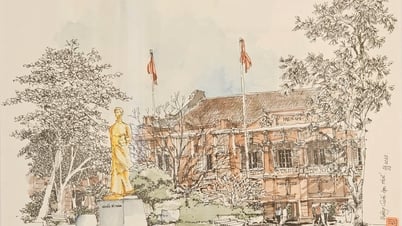

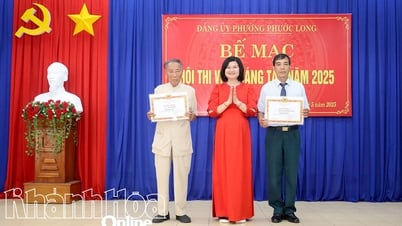

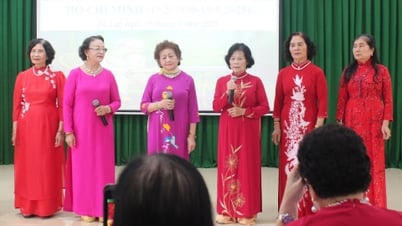








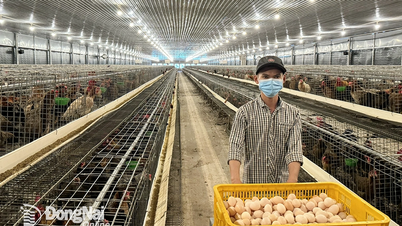





















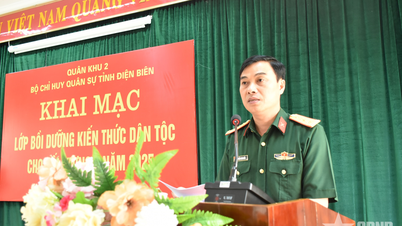




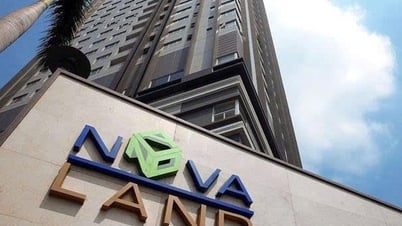





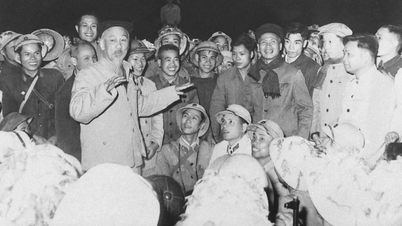

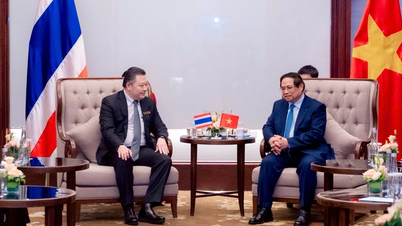




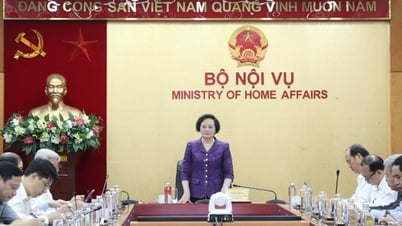





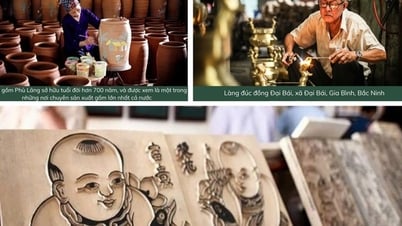

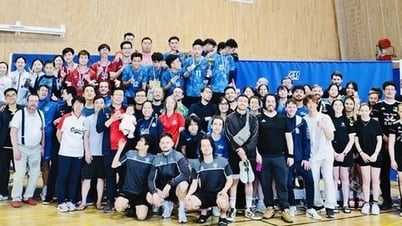

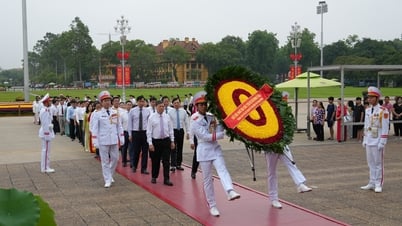






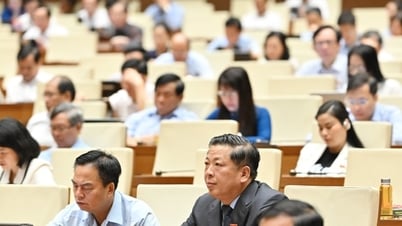










Comment (0)